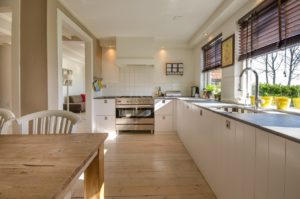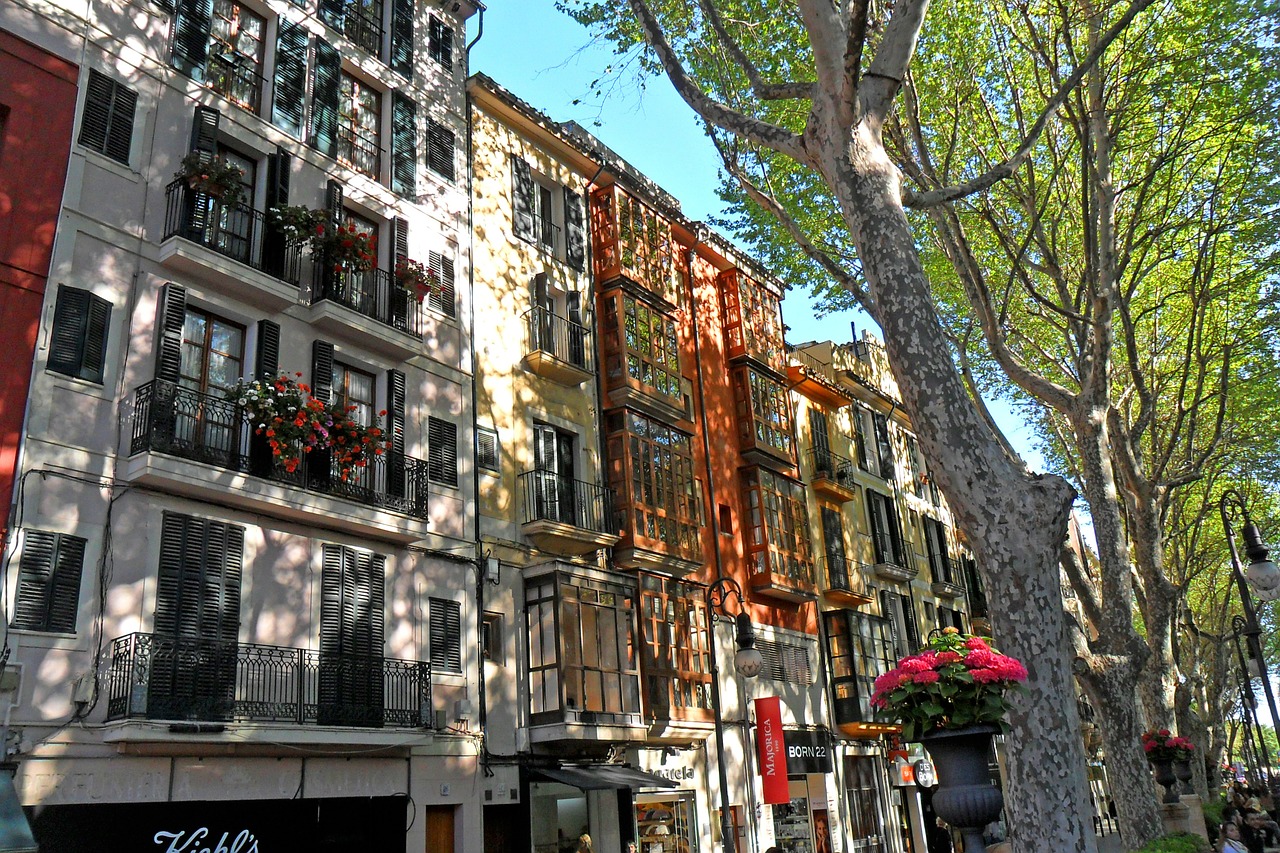Types of Housing
- Flat – Wohnung / Apartment.
- Atlbauwohnung – An old building, that might be protected
- Dachgeschosswohnung – penthouse but usually with slanted walls
- Einliegerwohnung – Granny flat
- Entangewohnung – Apartmentbuilding
- Loft
- Maisonette – duplex apartment
- Penthouse
- Souterrainwohnung – basement flat
- Terrassenwohnung – must have a terrace
- Wohngemeinschaften (WG) – Communal flat or house
- House – Haus
- Einfamilienhaus – Single-family house
- Mehrfamilienhaus – Multifamily house
- Furnished house (like Airbnb)
Vocabulary and Information
| die Wohnung | This could mean accommodation but mostly it means an apartment or flat |
| der Lebensraum die Wohnfläche der Wohnraum | The living space includes all the floor space of the rooms that belong exclusively to this apartment. Immowelt has a very good explanation of how living space is calculated |
| das Haus | A house – can also mean home or domicile |
| das Einfamilienhaus | A free-standing residential building, typically for a single-family |
| das Mehrfamilienhaus | Multiple separate housing units for residential inhabitants are contained within one building or several buildings within one complex. Units can be next to each other or stacked on top of each other |
| das Zimmer | Room. |
| die Küche | Kitchen. Most properties (for rent as well) do not include a fitted kitchen and you will most likely have to fit the cupboards, oven, fridge, etc. You will have to look at the “Ausstattung”. If you want a place with a fitted kitchen look for one with an “Einbauküche” |
| Das Badezimmer | Bathroom. Many bathrooms in apartments only have a shower or the shower is inside the bath |
| das Wohnzimmer | Living room |
| der Flur | Corridor, hallway |
| das Treppenhaus | Staircase It can be a shared space |
| der Herd | Stove |
| die Spüle | Sink for washing up |
| die Garage / das Stellplatz | Garage or parking space |
| das Grundstück | Land or plot |
| das Etage | Elevated floor |
| das Erdgeschoss | Ground floor |
| 1. Etage, 1. Stock, 1 Obergeschoss | First floor. It is the first elevated floor and not the ground floor |
Resources on the web
- Immowelt.de – a really good source of current information from types of housing, to disputes with neighbours. Available in German.
Related content

Television Licenses
Television Licence (der Rundfunkbeitrag/GEZ-Gebühr) The first thing you are likely to get in your new mailbox after registering at the Bürgeramt is a reminder to

Registering at the Local Town Office
If you plan to stay in Germany for longer than 3 months, you will need to register at your local Bürgeramt (Town office).This is called

Finding a place to stay
Finding a place to rent is almost like doing a job interview. You have to “advertise” yourself and you will have to go for interviews.



You must be logged in to post a comment.